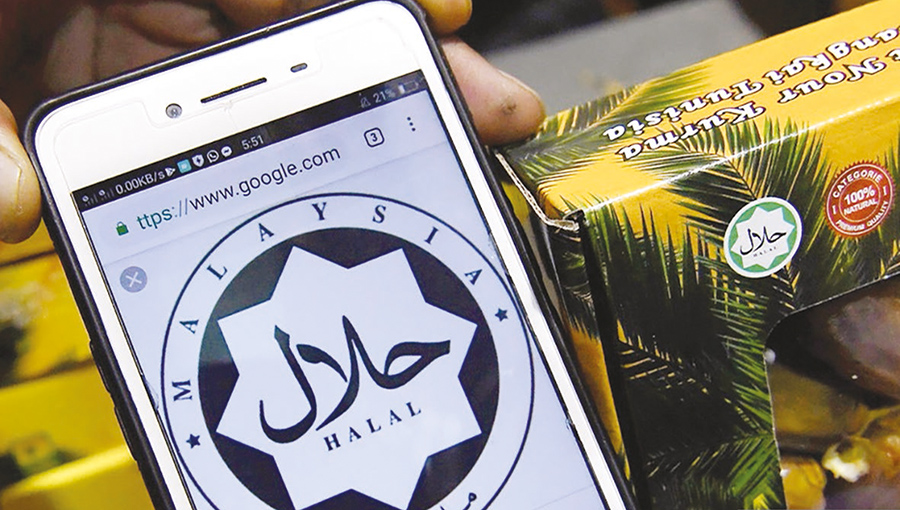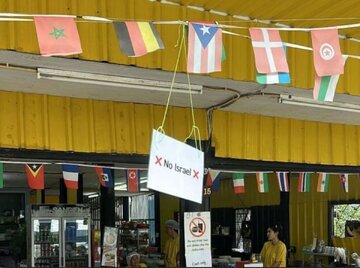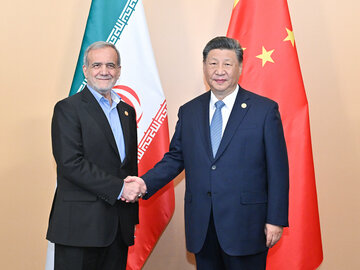AS THE consumption of Muslims worldwide continues to rise, the demand for halal-certified products in the non-Muslim market have also gradually increased, according to the Associated Chinese Chambers of Commerce and Industry of Malaysia (ACCCIM).
ACCCIM secretary general Datuk Tan Tian Meng said this was because non-Muslim consumers realise the importance of halal certification for their products as part of the trend of healthy eating and safe to consume compared to non-halal products.
He said the recent development and growth of the halal market has changed the perception and acceptance of non-Muslim consumers towards halal consumption.
Supported by growing demand, Tan said Malaysia’s halal sector is poised to be one of the main drivers of the country’s economic growth moving forward.
He noted that there are an estimated 1.9 billion Muslims in the world today, making up roughly 26% of the global population.
“This figure tells us that halal products have great potential in the global market.
“I am certain that the halal sector can become a strong contributor and act as a catalyst through its various value propositions in the global economic recovery.
“This is because the halal industry has now expanded beyond the food sector to include beverages, pharmaceuticals, fashions, cosmetics, health products, toiletries and medical devices, as well as service sector components such as logistics, marketing, print and electronic media and many more,” he said during a webinar session on “Halal Certification Prospects and Opportunities of Halal World Market” organised by ACCCIM yesterday.
Additionally, Tan said the halal sector is considered one of the most important industries in Malaysia and the market for halal products is also rapidly growing.
Therefore, he emphasised that the government should continue to strive to maintain its position as a leading halal-related industry to encourage more foreign and local investments into the country.
“Having a halal certificate is a great marketing tool to help penetrate such a huge consumer market, as well as providing an expansion path to enter the global market.
“In view of this, organising webinars and sharing sessions related to the halal industry will enhance the knowledge of people on the recent trends in the global halal market, as well as to secure the opportunity to learn the business opportunities in the industry,” he noted.
According to reports from the Economic Planning Unit in the Prime Minister’s Department, the halal market is projected to contribute 8.1% of GDP by generating exports of RM56 billion by 2025.
In 2020 alone, the halal industry contributed RM9.7 billion to the country’s GDP.
On a global level, the halal market is expected to grow from US$3.1 trillion (RM13.03 trillion) in 2018 to US$5 trillion by 2030, while the Malaysian halal market was estimated at US$68.4 billion in 2018 and will continue to grow to a size of US$113.2 billion by 2030.
Previously, Prime Minister Datuk Seri Ismail Sabri Yaakob said the Department of Islamic Development Malaysia (Jakim) is developing a RM3.4 million Halal Integrated Information System to serve as a database for halal products, in order to strengthen Malaysian halal certification.
The database will comprise six systems, namely the MYeHALAL (domestic), MYeHALAL (international), the e-Cert Print System, Malaysia International Halal Authority Board (MyIHAB), Module on Application of Foreign Slaughterhouses and Module on Malaysian Halal Product Ingredients Management (MyHALAL Ingredients).
Under the database, Jakim can regulate 84 foreign halal certification bodies from 46 countries recognised by Jakim.
The database is expected to be completed by 2023 and Malaysians can use this system to check the status of halal products from foreign countries.
/129
2 December 2021 - 08:13
News ID: 1204339

AS THE consumption of Muslims worldwide continues to rise, the demand for halal-certified products in the non-Muslim market have also gradually increased, according to the Associated Chinese Chambers of Commerce and Industry of Malaysia (ACCCIM).




